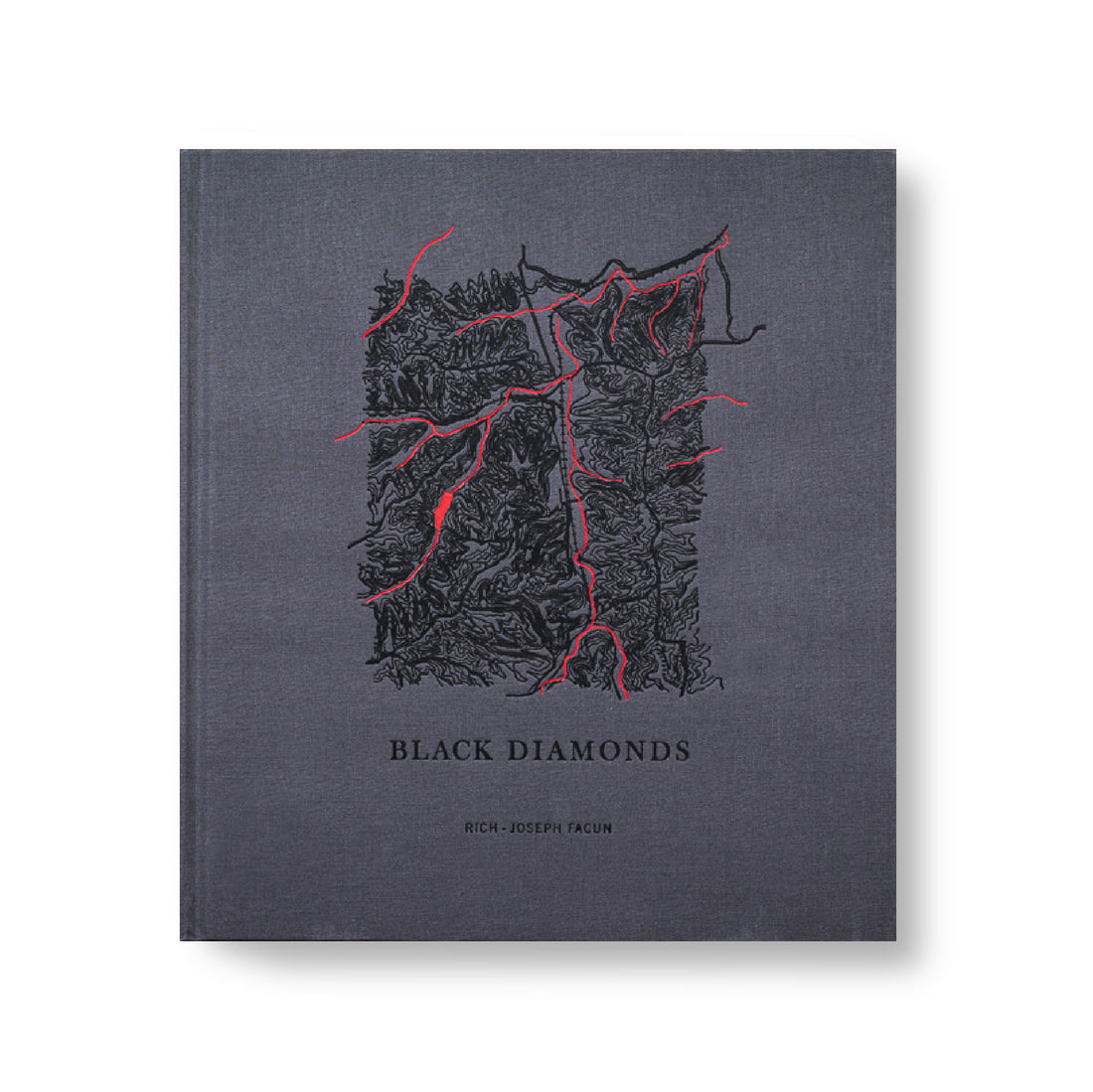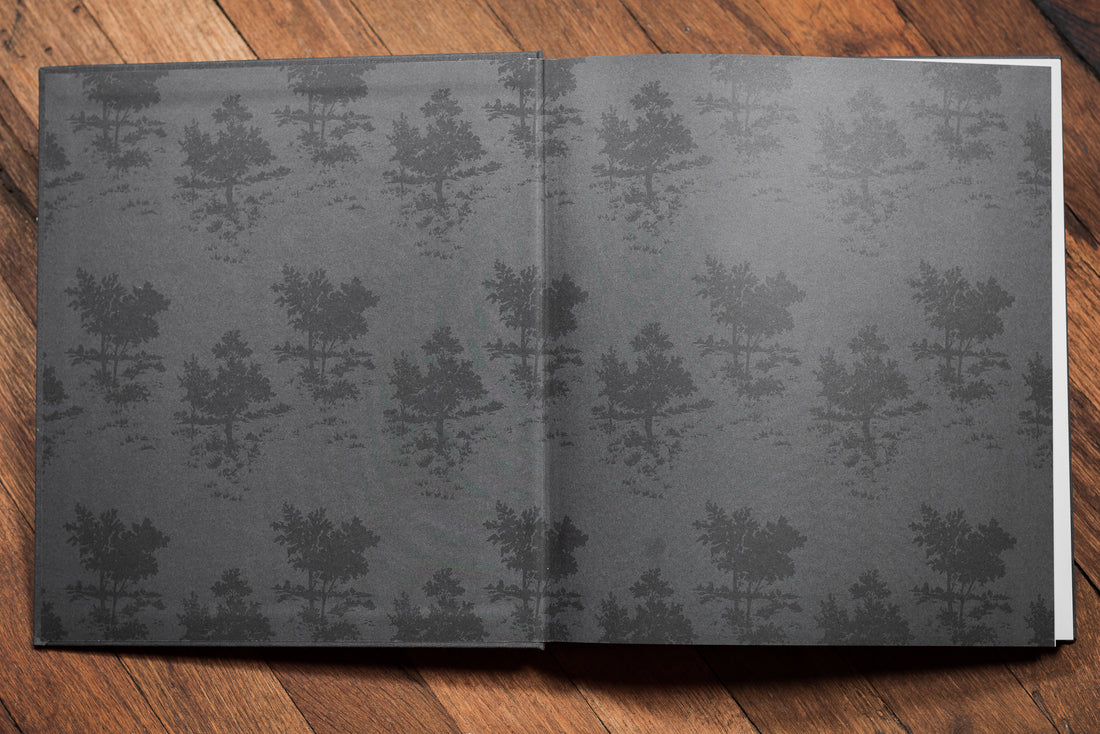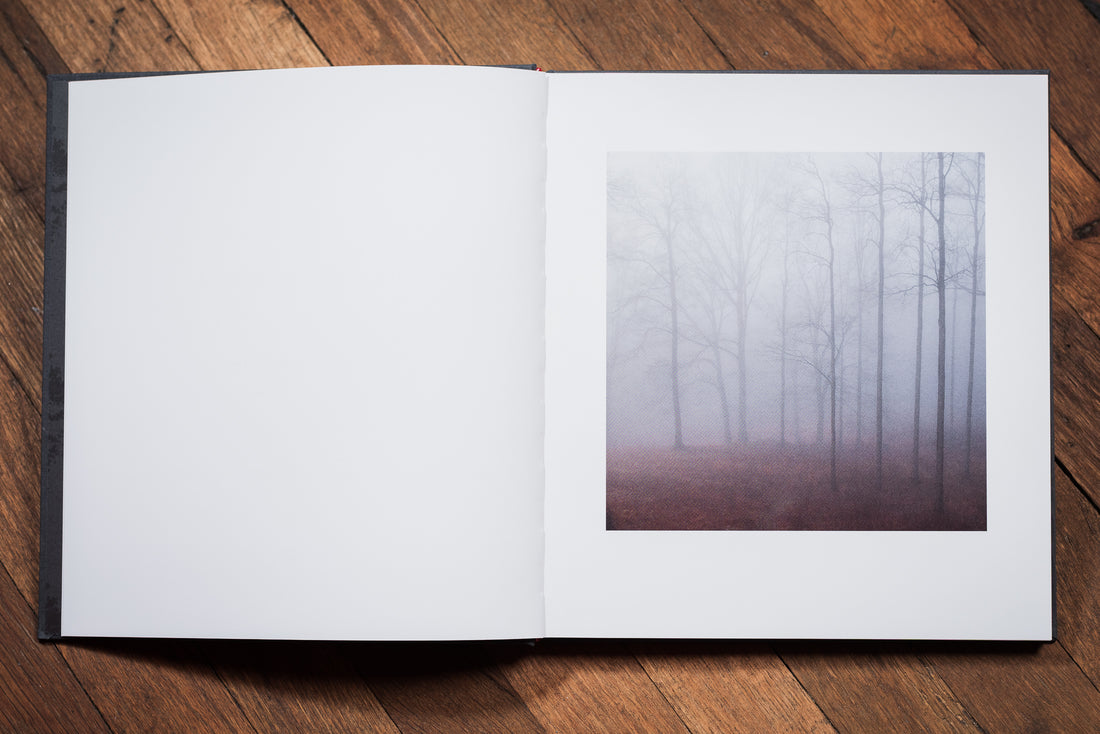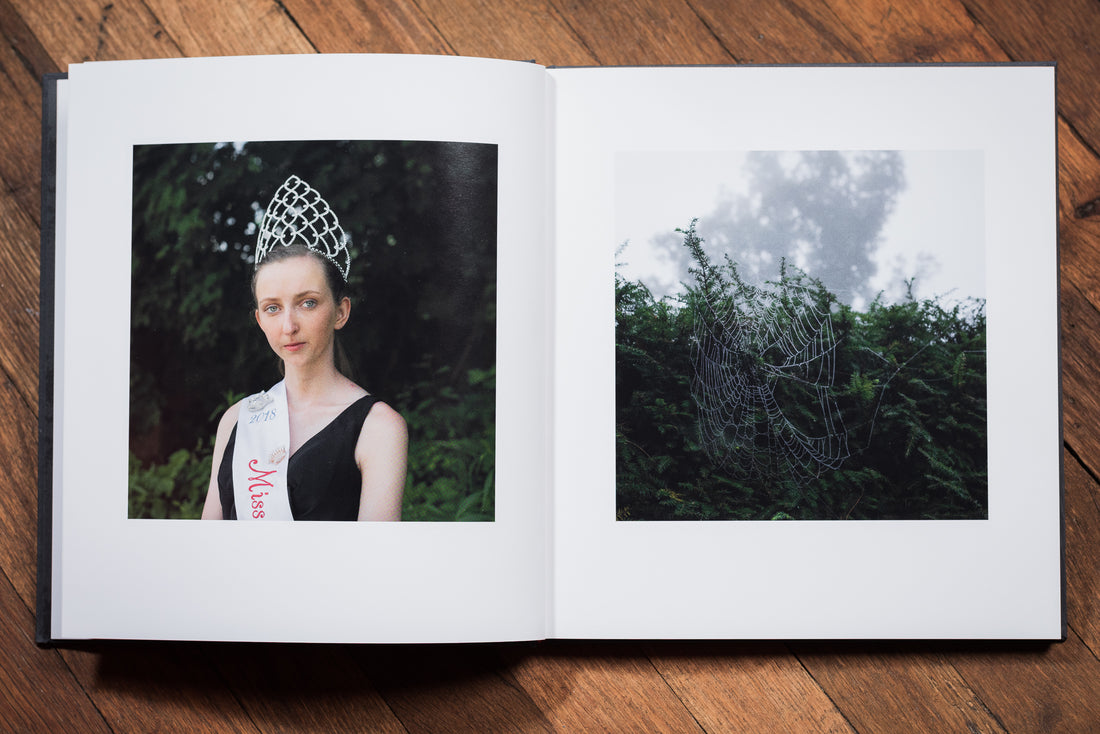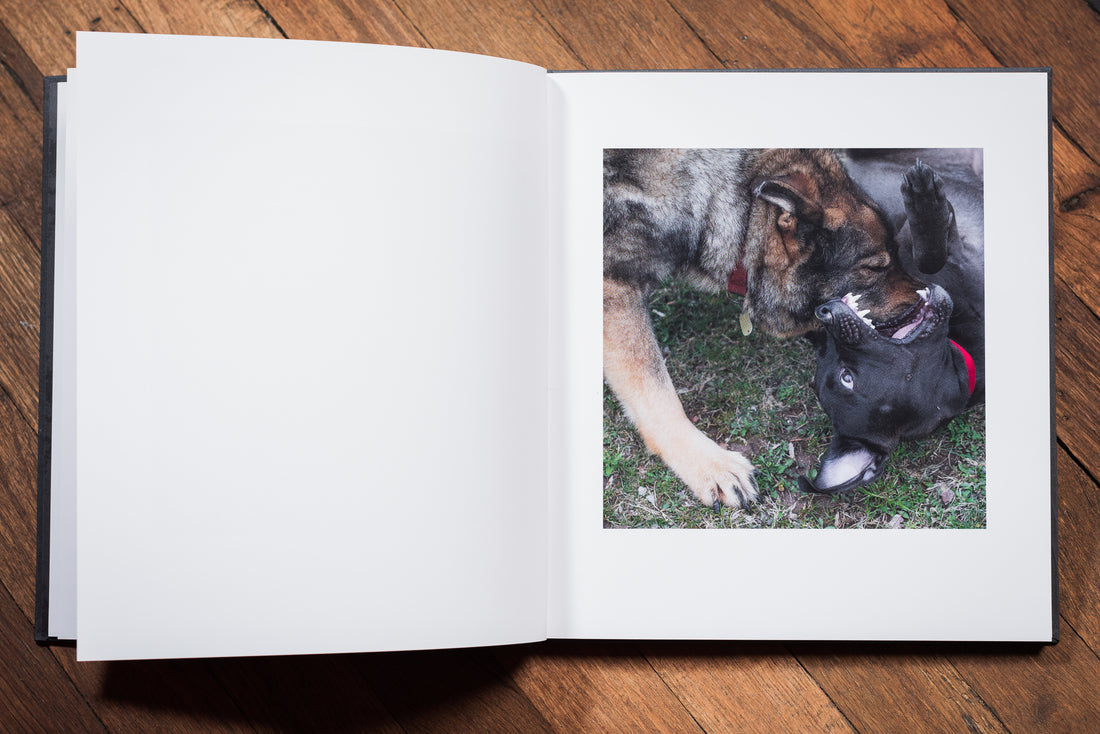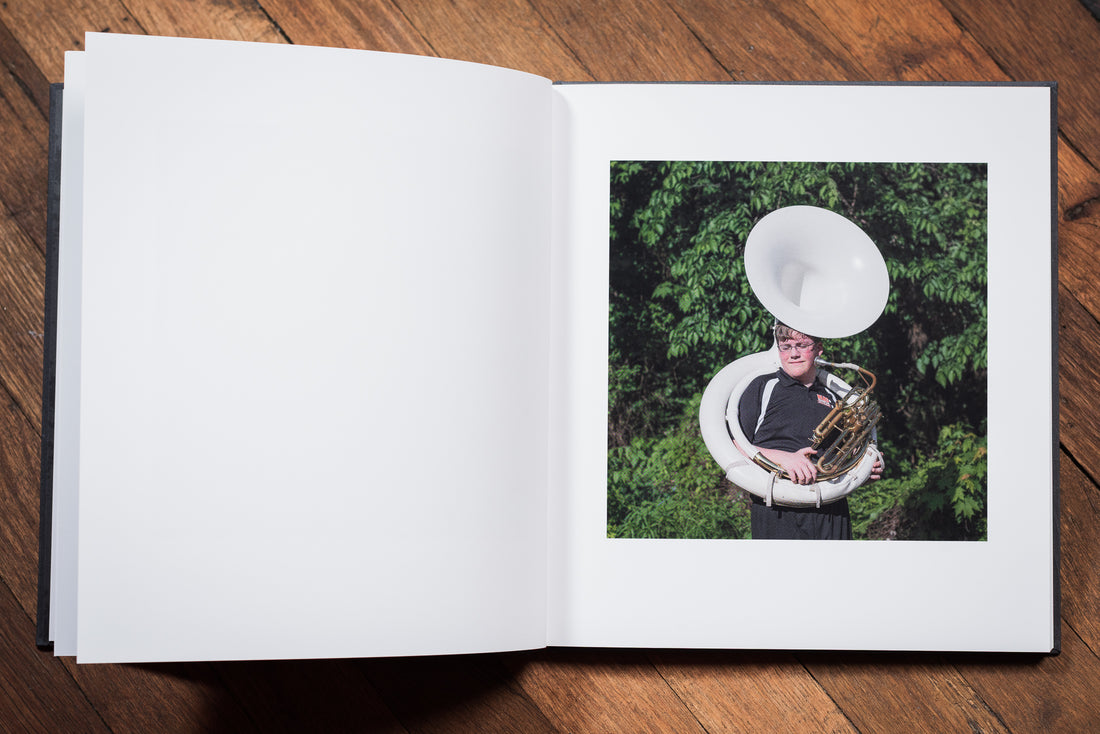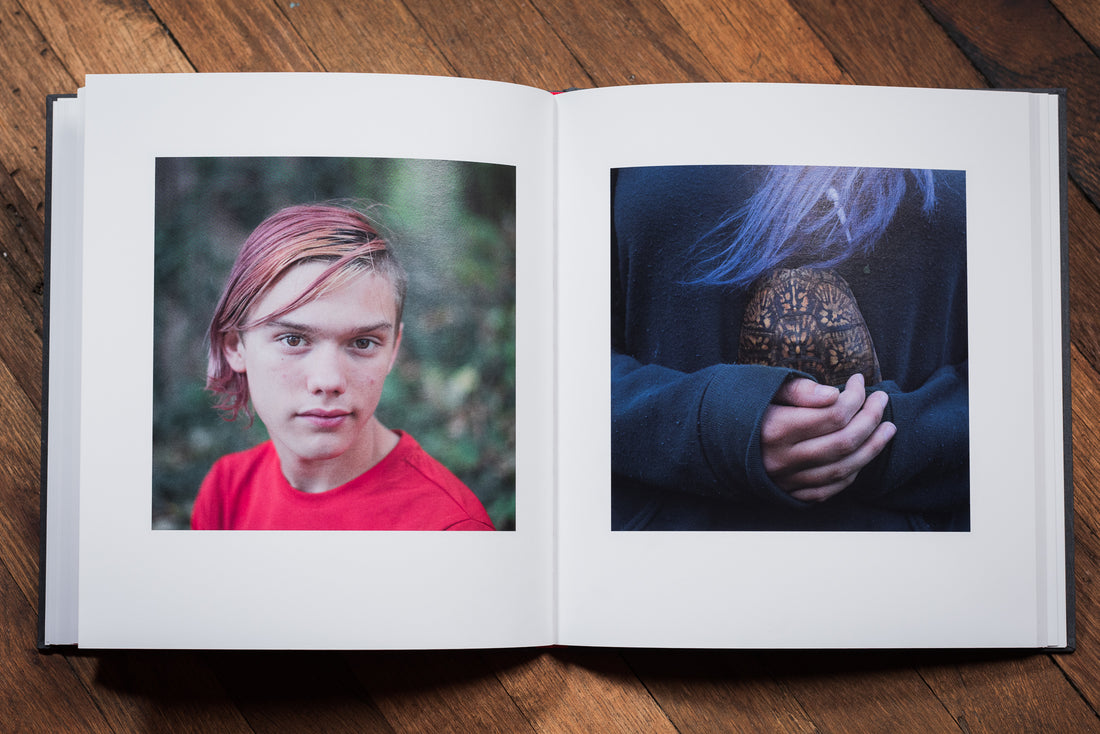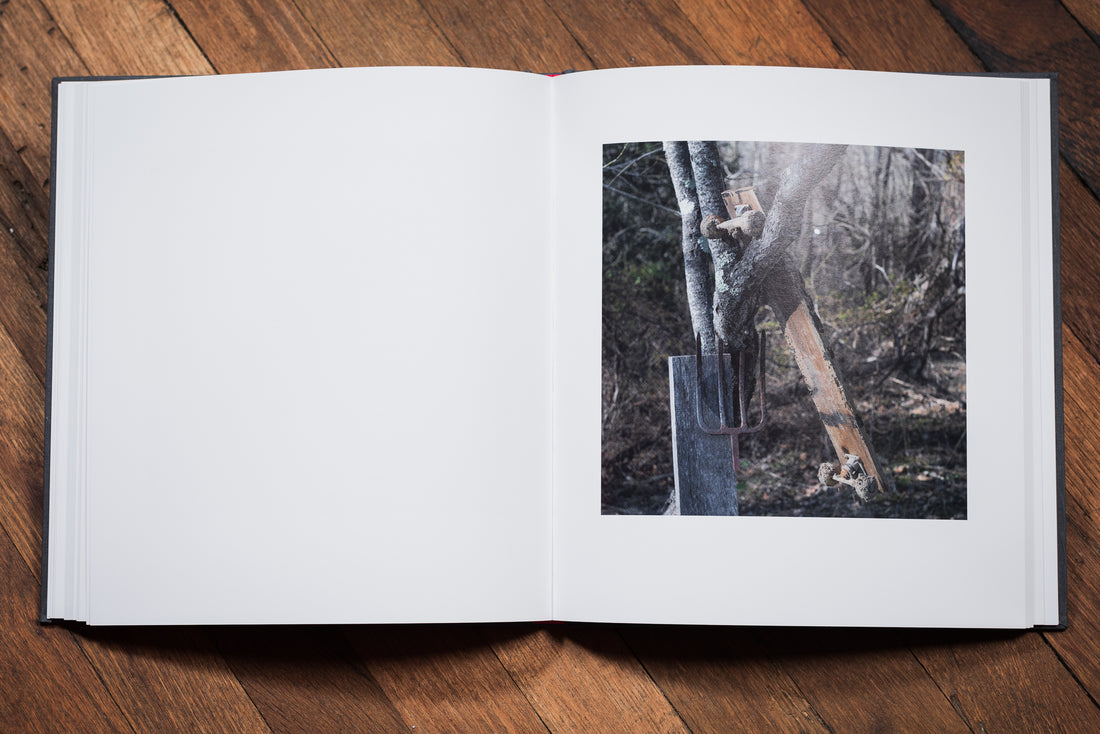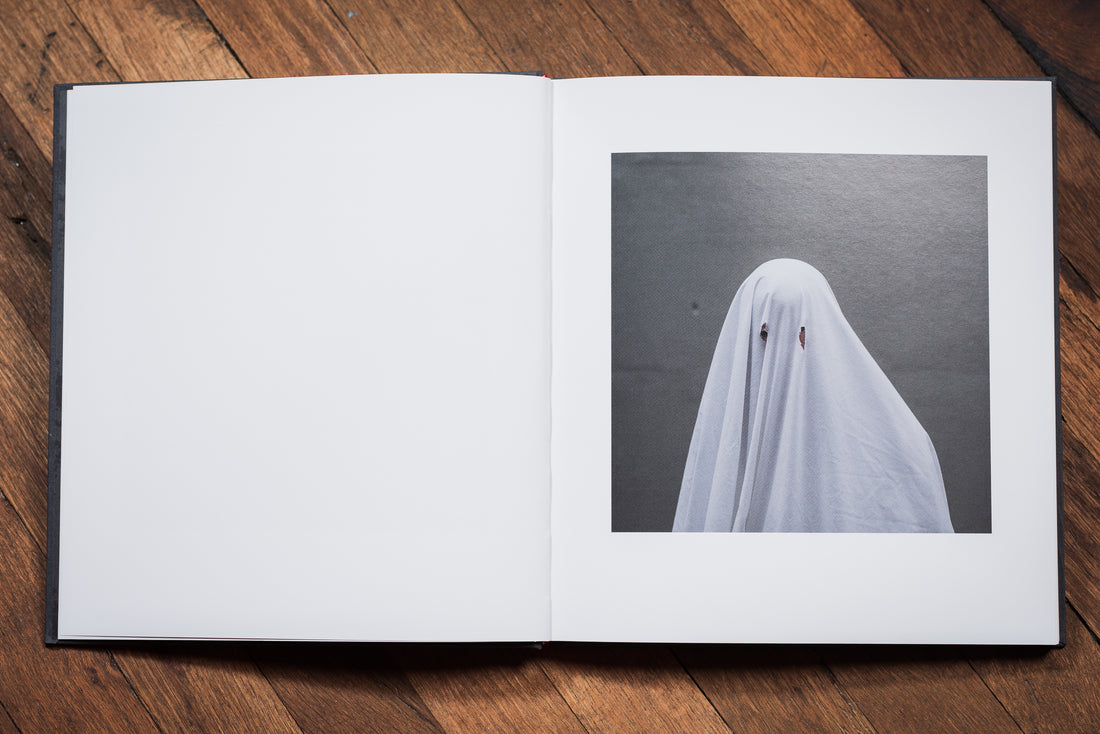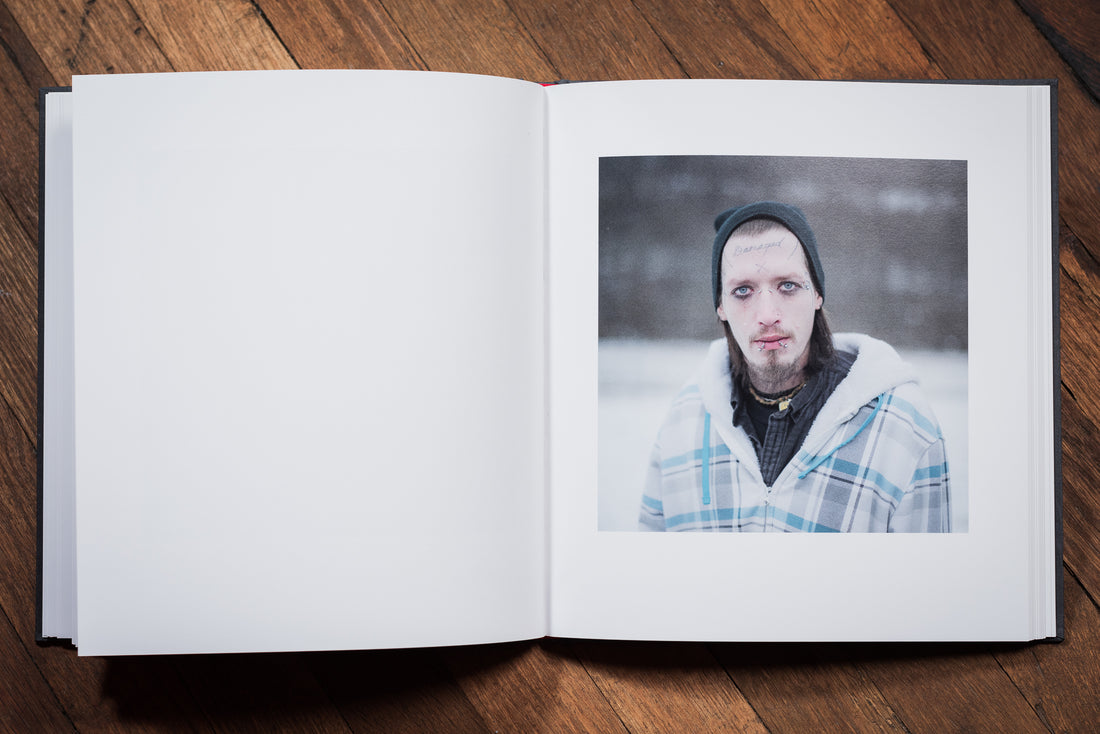Black Diamonds
by Rich-Joseph Facun
A visual exploration of place, community, and cultural identity in former Appalachian coal mining towns
Black Diamonds is a personal endeavor to connect with the Appalachian region Facun now calls home. As a person of color, he defines his community based on personal experience, which diverges from the stereotypes of race, religion, gender, and politics that are often attached to the region by outsiders. His images hint at life as it once was, sharing the hyperrealism of what it is today and the uncertainty of what it is to become in the coal mining boomtowns of bygone days. Life in Appalachia is fraught with mystery and mischaracterization. Yet, in all his interactions, the simple needs of day-to-day survival loom larger than the abstract issues of politics. The images strive for an understanding of people and place in these rural, isolated foothills pocked with poverty; where a heritage of hospitality, not hate, is an unspoken psalm.
Artist Biography
Rich-Joseph Facun is a photographer of Indigenous Mexican and Filipino descent. His work aims to offer an authentic look into endangered, bygone, and fringe cultures—those transitions in time where places fade but people persist. The exploration of place, community, and cultural identity present themselves as a common denominator in both his life and photographic endeavors. Facun attended Ohio University where he earned his Bachelor of Science degree in Visual Communication. Before finding home in the Appalachian Foothills of Southeast Ohio, Facun roamed the globe for 15 years working as a photojournalist. His photography has been commissioned by various publications including NPR, The Atlantic, The New York Times, and more. Additionally, his work has been recognized by Photolucida’s Critical Mass, The Washington Post, Feature Shoot, The Image Deconstructed, The Photo Brigade, and Pictures of the Year International.
Black Diamonds By Rich-Joseph Facun
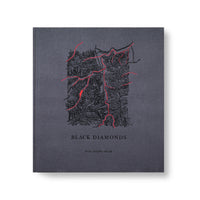
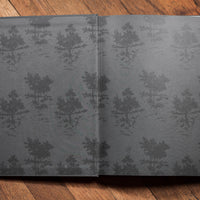
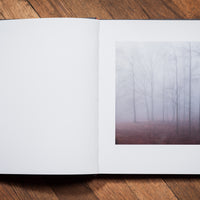
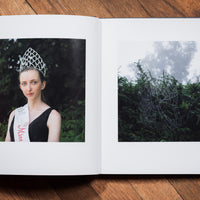
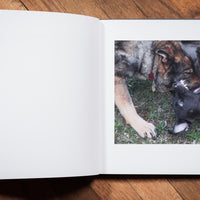
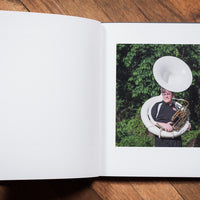

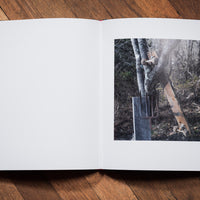
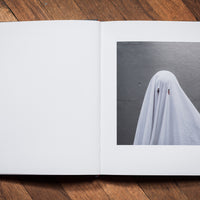

Black Diamonds By Rich-Joseph Facun
Black Diamonds is a personal endeavor to connect with the Appalachian region Facun now calls home. As a person of color, he defines his community based on personal experience diverging from the stereotypes of race, religion, gender, and politics that are often attached to the region by outsiders. His images hint at life as it once was, sharing the hyperrealism of what it is today and the uncertainty of what it is to become in the coal mining boomtowns of bygone days. Life in Appalachia is fraught with mystery and mischaracterization. Yet, in all his interactions, the simple needs of day-to-day survival loom larger than the abstract issues of politics. The images strive for an understanding of people and place in these rural, isolated foothills pocked with poverty; where a heritage of hospitality, not hate, is an unspoken psalm.
Released 2021
60 color photographs, 3 historical photographs
128 pages
Hardcover
10” x 11”
First Edition of 1,100
Essay by Alison Stine
ISBN 978-1-7348312-1-4



